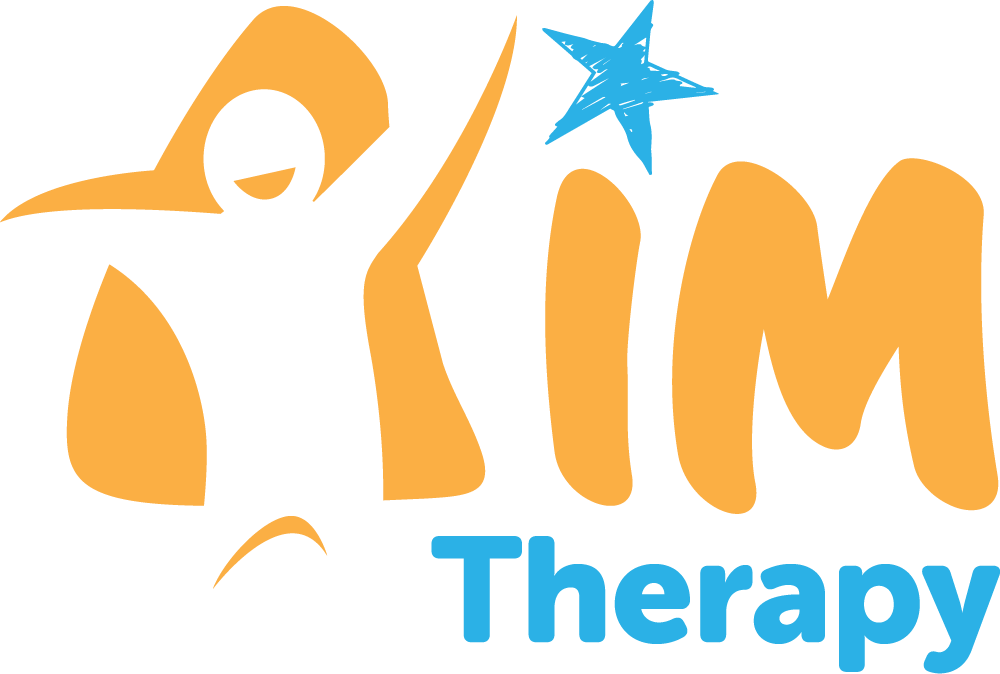Play is voluntary engagement in self motivated activities that are normally associated with pleasure and enjoyment. Play may consist of amusing, pretend or imaginary, constructive, interpersonal (play with others) or intrapersonal (solitary play) interactions. It is the way that children learn about the environment, their bodies, and their place in the world around them.
There are many important things children learn while playing, and their time spent playing is essential for their development. This is especially true of pretend play, which helps children practice their thinking, communicating, and interacting skills. Play is one way by which children learn and is also an avenue through which social skills can develop. As they grow older, children learn about societal rules by making up games with rules, as well as about winning and losing and ‘playing fair’. They also learn about controlling their impulses in order to do well at something and about space, negotiating and problem solving. Above all, play is needed for fun and relaxation. If a child has difficulties with play they might:
- Have difficulty playing independently and constantly demand adult attention
- Bounce back and forward between multiple activities without completing them (or actively engaging in them)
- Has trouble being able to occupy their time or entertain themselves
- Have few friends or have difficulty making friends
- Require adult assistance to problem solve
- Enjoy playing alone and prefer others not to be involved
- Engage in limited or very repetitive activities
- Not play appropriately with toys
- Avoid eye contact
- Be unable to initiate play themselves- instead they are reliant upon others to set up play for them
- Not engage in turn taking games
Contact AIM Therapy on 6150 8339 or hello@aimtherapy.com.au if you would like to book an assessment with one of our speech pathologists.
